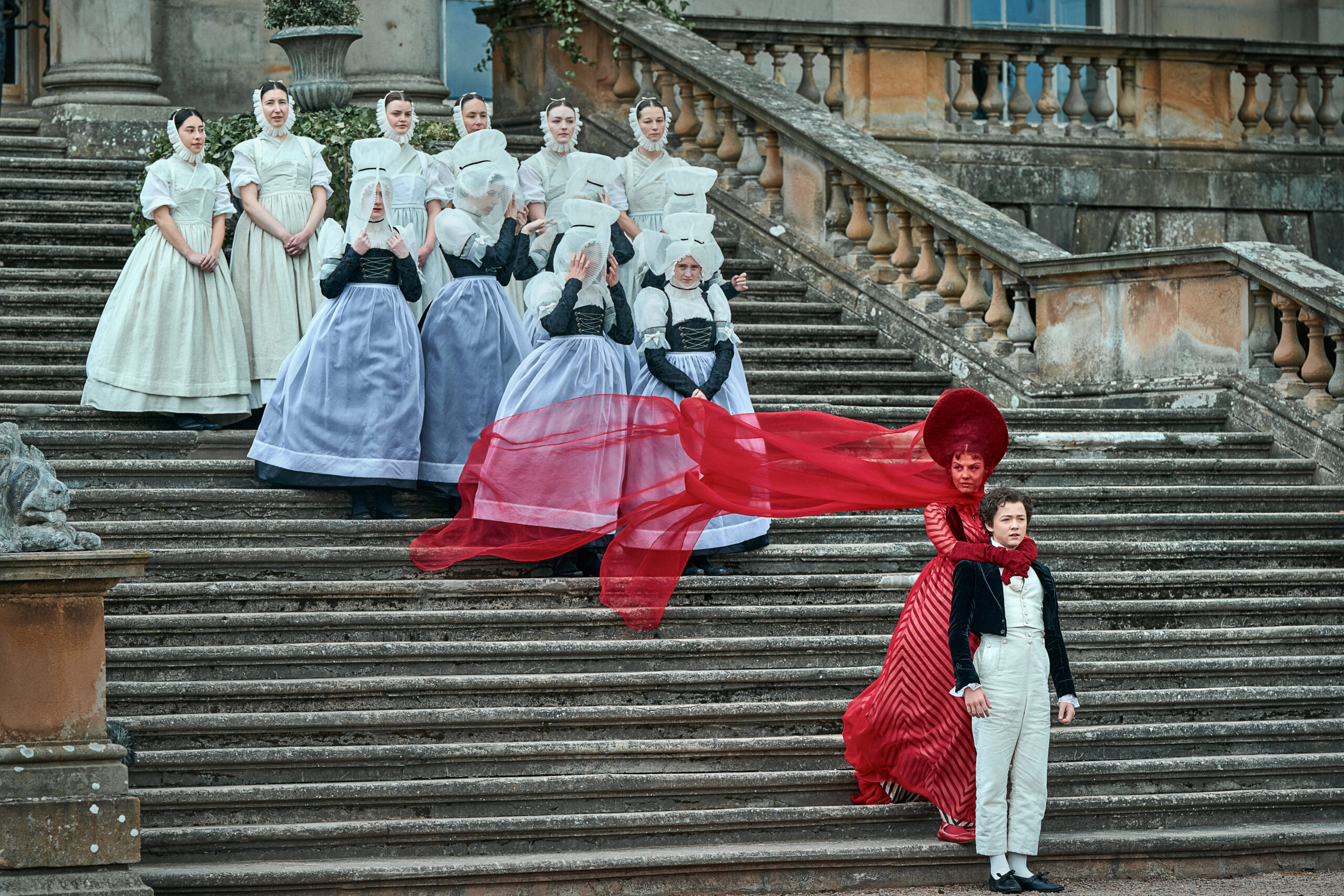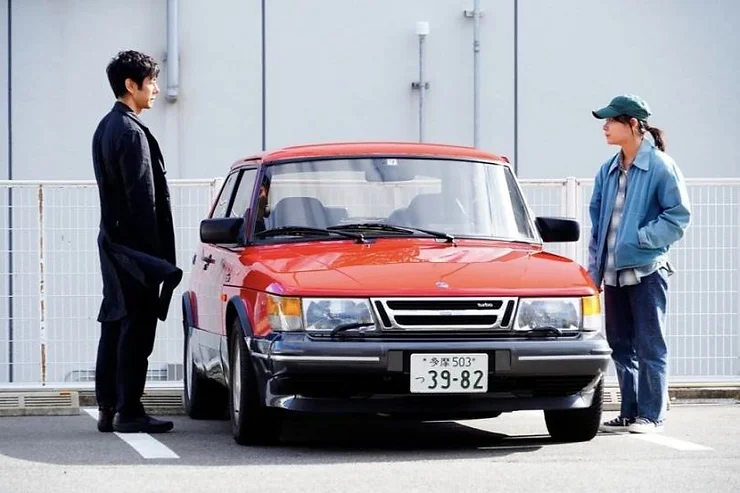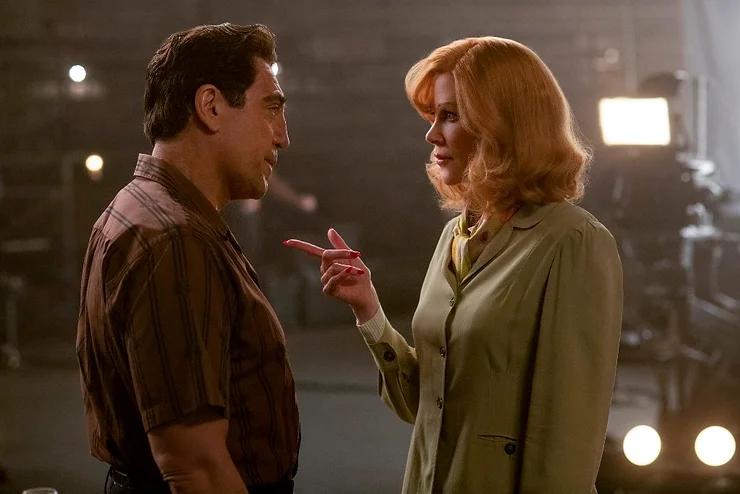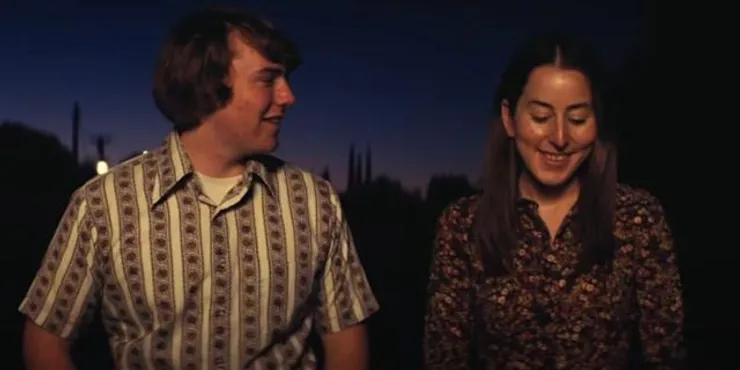Frankenstein (United States, 2025)
Original title: Frankenstein
Director: Guillermo del Toro
Screenplay: Guillermo del Toro, based on the novel by Mary Shelley
Main cast: Oscar Isaac, Jacob Elordi, Mia Goth, Christoph Waltz, Felix Kammerer, Lars Mikkelsen, David Bradley, and Charles Dance
Running time: 149 minutes
It seems that 2025 is a year when many dream projects of established filmmakers come to fruition. Perhaps due to the reminder of our mortality caused by the pandemic, or perhaps simply by coincidence, this is also the case with Frankenstein. Director Guillermo del Toro had been developing this project for years and, as a self-confessed cinephile, pondered how it would differ from the many other works based on the same book. And now the result of this intensive research and filming is reaching the public.

The basic story of Frankenstein is already common knowledge. A scientist, Dr. Victor Frankenstein (Oscar Isaac), refuses to accept the imposition of death on human life. He begins to attempt to create life from corpses and, by stitching together tissues, muscles, and organs, creates The Creature (Jacob Elordi). However, lacking the aptitude or the knowledge that he would thus become the father of a grotesque creature, he abandons his creation.
Something del Toro does perfectly is respect the original work, the classic gothic novel that is also considered the mother of science fiction by various disciplines. Note that the word used is respect, not simply transpose the book to the screen. The director is wise enough to understand that different languages require different solutions, just as the passage of time demands some changes in approach. But the essence — of the man who wants to defy death because of his gigantic ego, and of the creature who doesn’t know how or why he’s alive, but receives only rejection from humanity — are absolutely present. And, even giving a little twist to human behavior, the film manages to update this fable with style and a unique delicacy.
This style, of course, permeates the film’s entire art direction. From the stunning costumes that caught our attention in the first promotional images, to the locations chosen to portray various moments in the characters’ lives, and even the attention to detail, it’s impossible to watch the film without being captivated by the universe it’s creating. While the attire worn by Elizabeth (Mia Goth), one of the film’s few female characters, deserves special mention, it’s The Creature’s character that will remain etched in memory. Between intricate makeup and an excellent performance by Jacob Elordi, the shift from innocence at the beginning of the film to complete disbelief at the end demanded a lot from Elordi, whose previous roles were more comfortable with his beauty. It’s interesting to see how, when he strips away this physical attribute, his vulnerability emerges in front of the camera.
Something new in this adaptation, and very much in keeping with the spirit of our times, is the introduction of Victor’s father, Leopold (Charles Dance), as an abusive man with a terrible relationship with his son. The story goes beyond the story of the man with a gigantic ego and the lonely creature, becoming a tale about the breaking of family relationship patterns. It’s equally interesting how Elizabeth gains greater prominence, with a role that allows the actress to express greater personality.
One element of this audiovisual adaptation that doesn’t work so well is the soundtrack. Although the film’s approach is clearly more lyrical than horror-oriented, some themes are repeated at times that leave the viewer feeling emotionally manipulated — which is the exact opposite of what a soundtrack should do. While the tone of the performances is spot on, the successful partnership between del Toro and Alexandre Desplat here seems unbalanced.
Thus, the film comes at a time when classic monsters are being revived and brings a very clear directorial touch to the original text, but it lacks the brilliance and originality of previous projects like Pan’s Labyrinth (2006) or The Shape of Water (2017). Not that this makes the film bad, it’s just that the director’s bar is extremely high.





